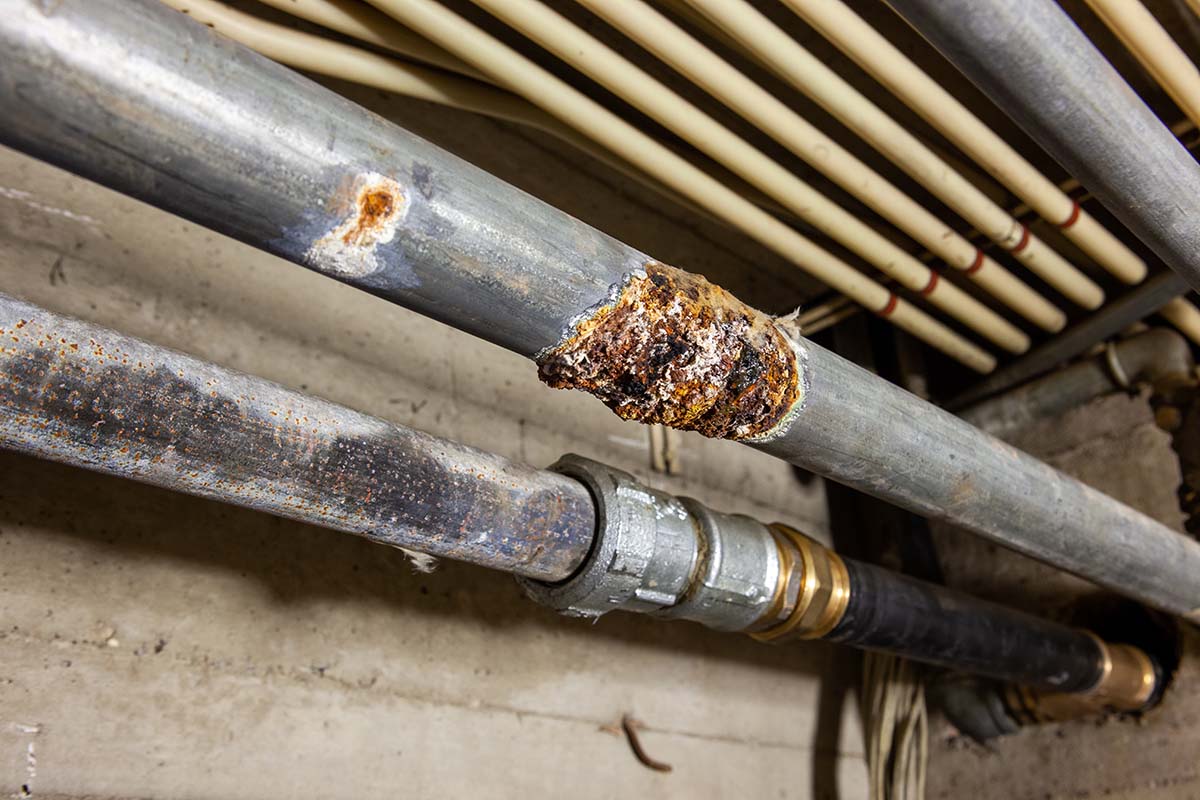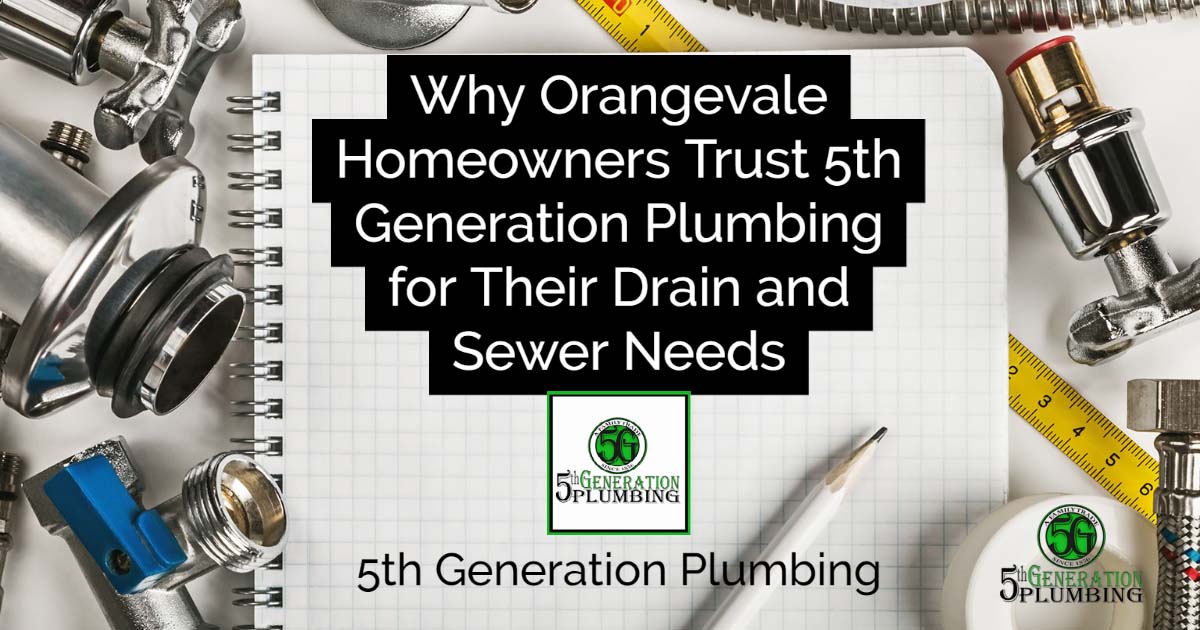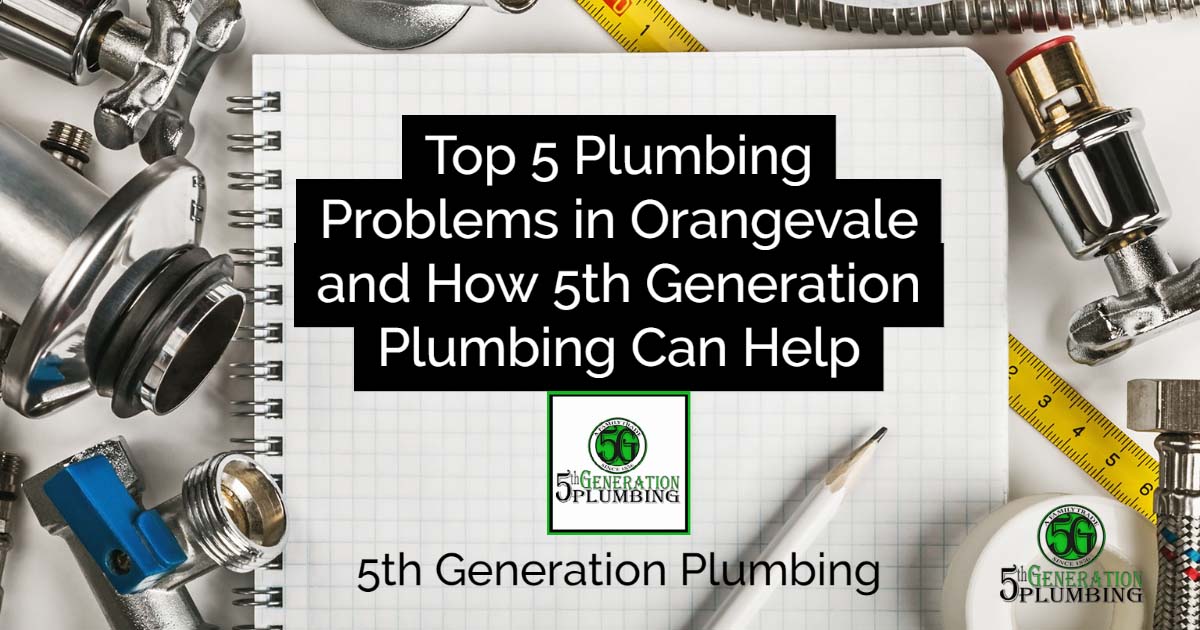Warning: Here’s How Electrolysis Can Damage Your Home’s Plumbing System
Have you ever noticed tiny bubbles forming along the pipes in your home’s plumbing system? That could be a sign of electrolysis, a process that can cause extensive damage if left unchecked. Read ahead to find out more about the dangers of electrolysis and how to protect your home from its corrosive effects.
Introduction – What is Electrolysis?
If you are not familiar with the term, electrolysis is a process that uses electrical current to produce a chemical reaction. In the context of plumbing, electrolysis can occur when metal pipes are exposed to an electrical current. This can happen if there is a faulty wire or other electrical problem in the home. When electrolysis occurs, it can cause the metal pipes to corrode and eventually break. This can lead to serious water damage and even flooding. If you have any concerns about electrolysis in your home, it is important to contact a qualified plumber for an inspection.
Understanding the Potential Damage
If you’re considering having electrolysis done to your home’s plumbing system, it’s important to understand the potential damage that can be caused by the process. While electrolysis is an effective way to clean and repair pipes, it can also cause serious damage if not done correctly.
When done correctly, electrolysis removes rust and corrosion from pipes, leaving them looking like new. However, if the process is not done properly, it can cause severe damage to the pipe material, resulting in leaks and water damage. In some cases, electrolysis can even cause pipes to burst.
Therefore, it’s important to only have electrolysis done by a qualified professional who has experience with the process. If you’re not sure whether or not your plumber is qualified, ask for references or check online reviews before hiring them.
How to Avoid Electrolysis in Home Plumbing Systems
If you have a home plumbing system, it’s important to be aware of the dangers of electrolysis. Electrolysis is a process that can occur when two dissimilar metals are in contact with each other in an electrically conductive solution, such as water. This can cause one of the metals to dissolve into the solution, leaving behind a deposit of metal on the other metal. Over time, this deposit can build up and block the flow of water through the pipe, leading to problems with your plumbing system.
There are a few ways to avoid electrolysis in your home plumbing system:
- Use only copper or plastic pipes: Copper is not susceptible to electrolysis and plastic pipes are not good conductors of electricity, so they are less likely to cause problems.
- Avoid using dissimilar metals: If you must use two different types of metal pipes in your system, make sure they are well insulated from each other to reduce the risk of electrolysis.
- Use anodes: Anodes are devices that release electrons into the surrounding solution, which prevents metal ions from being deposited on pipe walls.
Signs of Damage Caused by Electrolysis
If you have electrolysis in your home’s plumbing system, there are a few signs that can indicate damage. First, if you notice any corrosion on your pipes, this is a sign that electrolysis is present. Second, if your water pressure is reduced or uneven, this can also be a sign of damage from electrolysis. Finally, if you see bubbles in your water or hear a hissing sound coming from your faucets, this is a sure sign that electrolysis is damaging your plumbing. If you notice any of these signs, it’s important to call a plumber to assess the situation and determine the best course of action.
Preventive Measures to Protect Your Home’s Plumbing System
It’s no secret that water and electricity don’t mix. But did you know that your home’s plumbing system is vulnerable to damage from electrolysis?
Electrolysis is a chemical reaction that occurs when an electrical current is passed through a conducting solution, such as water. This process can cause metal pipes to corrode, which can lead to leaks and other costly repairs.
There are several things you can do to protect your home’s plumbing system from damage caused by electrolysis:
Install a water softener: Water softeners help reduce the number of minerals in your water, which can help prevent electrolysis.
Use non-conductive materials: When making repairs or replacements to your plumbing system, be sure to use non-conductive materials, such as PVC pipe or fittings.
Avoid using metal pipes: If possible, avoid using metal pipes in your plumbing system altogether. Instead, opt for plastic or other non-conductive materials.
Install anode rods: Anode rods are made of sacrificial metals that are more easily corroded than the metals used in plumbing pipes. These rods are installed in water heaters and act as a “sacrificial lamb” by corroding instead of the more sensitive metals.
Conclusion
In this article, we have discussed the dangers of electrolysis in relation to your home’s plumbing system. We hope that it has made you aware of how this chemical process can damage pipes and cause deterioration, leaks, and blockages. If you’re considering using an electrolytic device, please familiarize yourself with the exact workings completely before doing so, as failing to do so may lead to costly repair bills or worse. It is also a good idea to check with a professional plumber if you are unsure about any aspect of the installation process — after all, prevention is better than cure!
















